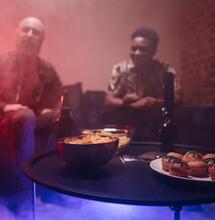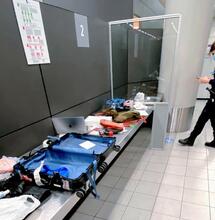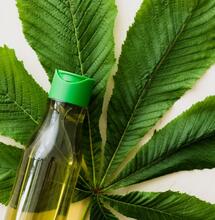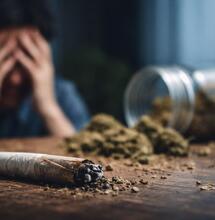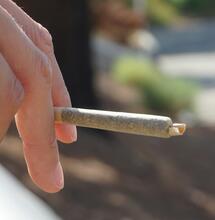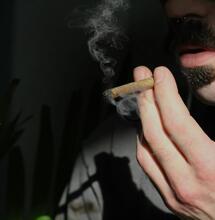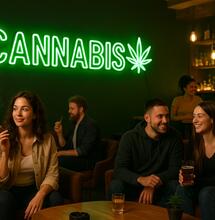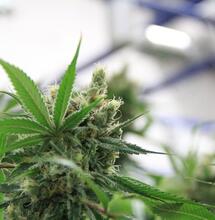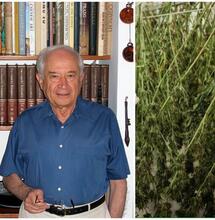Minor's Exposure to Cannabis
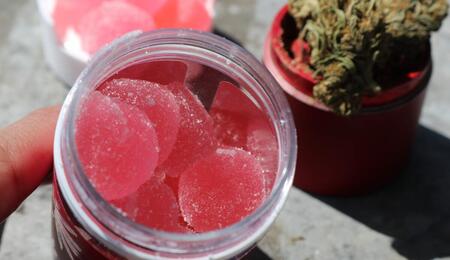
Minor's exposure to marijuana has become more common with the spread of legalization. It often happens out of negligence, and the more serious cases usually involve the ingestion of high-potency edible products. Secondhand smoke can also cause harm to kids and infants.
The number of minors and children that have been accidentally exposed to marijuana has been growing in recent years. Cases with edibles ingestion are generally more alarming and might result in hospitalization.
Exposure can also mean breathing in secondhand smoke from a joint or a spliff, which is less harmful but can also have certain health consequences, especially if it's long-term.
Exposure to Edibles
A lot of the edible cannabis items available on the market today look like regular candy. If the edibles are stored with other food items, it could be easy for kids to reach out for them thinking it's just any chocolate or gummies.
Edible products often contain significant amounts of THC, making them more dangerous to children than other forms of exposure, such as secondhand smoke. Serious symptoms of intoxication in children from weed-laced edibles can include vomiting, dizziness, drowsiness, confusion, palpitations, difficulty breathing, etc.
Authorities are increasingly stepping-up regulation, demanding manufacturers of edibles not to use branding and design packaging that looks bubbly, colorful, or child-friendly in any other way. That alone will not fix the problem, but it can help reduce the rates of accidental intoxication.
While it will take some time before the market is completely regulated in terms of safe and child-proof packaging, the general advice remains the same: Keep edibles away from the reach of children and youngsters, just like alcohol or prescription medicines.
Exposure to Secondhand Smoke
Keeping youngsters away from secondhand smoke is also important. Inhaling smoke from weed is just as bad as smoke from cigarettes or other tobacco products. Any smoke contains harmful intoxicants.
Too much exposure to secondhand smoke can irritate the respiratory tract or cause a problem in minors who have asthma (and everyone else who have asthma). Higher potency products might also cause anxiety, agitation, and bizarre behavior, although this is less frequent and requires a lot of immediate exposure to smoke.
The level of exposure to secondhand smoke is higher if marijuana is smoked in small, enclosed facilities or places where the ventilation is poor.
Consistent exposure can eventually cause some other health problems, including and not limited to:
- persistent cough and lung infections
- viral infections on the respiratory system
- hyperactivity
- problems with attention or memory
How do Minors Experience Cannabis?
Minors experience the same effects of cannabis consumption as adults. There could be typical signs of use, like red eyes, cottonmouth, increased appetite, dizziness, feeling sick, etc. It would also depend on the product's strength the young person has been exposed to. Significant exposures can also lead to hyperactivity or, the opposite, a sedation-like effect.
Is There a Difference with Medicinal Marijuana?
Medical cannabis is often available as pills or powders; however, many of the products can be identical to those for recreational use, like dried flower and edibles. Most marijuana used for medical reasons is produced in the same way as recreational, so the health effects are similar. If a minor is exposed to a medicinal marijuana product with a significant amount of THC, the intoxication would be pretty much the same.
How to Protect Minors from Cannabis Exposure?
The things to do are simple:
- Do not smoke or consume weed in any other form in the presence of children and minors.
- Keep cannabis edibles away from children's reach or in a separate locked container. The same goes if you keep pets.
- Do not store edible cannabis products with regular food items.
- Talk with your minor about the differences between cannabis edibles and other foods, similar to warning children about alcohol.
If your child ever shows signs of marijuana intoxication, contact health services.




